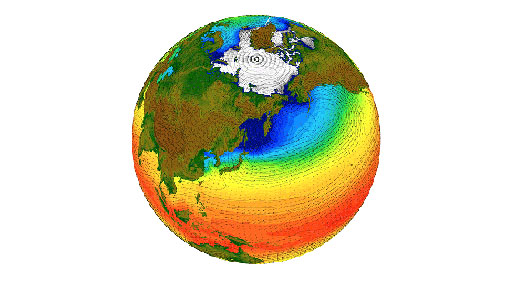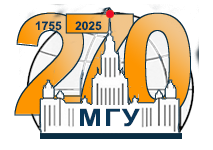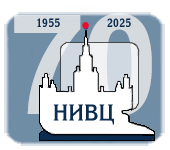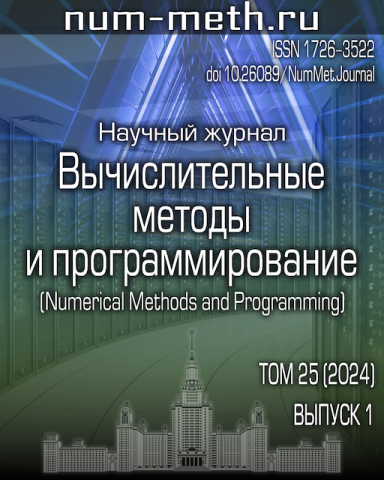
The task of weather forecasting and constructing future climate projections is one of the most computationally demanding problems of contemporary science. Its solution is based on numerical implementation of thermodynamic and hydrodynamic equations governing atmosphere and ocean, the transfer of heat, mass and tracers in cryosphere, the active land layer and terrestrial ecosystems. Computational codes responsible for different groups of processes in the climate system are developed by separate scientific groups in many countries. Research Computing Center of Moscow State University develops mathematical models of the two Earth’s climate system components: turbulent boundary layers in the atmosphere and hydrosphere, and the land active layer (including terrestrial ecosystems).
The physical and biogeochemical processes in these natural systems cannot be reproduced explicitly within the global climate models due to the limited performance of supercomputers and therefore are represented by simplified mathematical descriptions - parametrizations. In turn, the development of parametrization involves simulations with high-resolution models, where the processes to be parameterized are explicitly resolved. This approach is based on Large Eddy Simulation (LES) and Direct Numerical Simulation (DNS). To verify parametrizations, the data of both specially conducted field experiments and long-term monitoring of natural systems are used. This is especially important for the validation of land surface models, where numerous physical and biogeochemical processes in the soil, vegetation and water bodies are described by semi-empirical approaches.
RCC MSU works in close cooperation with the G.I. Marchuk Institute of Numerical Mathematics (INM) of the Russian Academy of Sciences and Hydrometeorological Center of Russia (development of the INM RAS - MSU land surface scheme for the INM RAS Earth System and the SLAV weather forecast models, LES and DNS models of turbulent boundary layers), A.M.Obukhov Institute of Atmospheric Physics RAS (investigation of the fundamental properties of geophysical turbulence, conducting field experiments) and with many other organizations in Russia and abroad. Our traditional partner in studying these problems is MSU Faculty of Geography.
Supercomputer modelling of climate
News
"Ломоносовские чтения", 26 марта 2026 г.10 February 2026 15:26Б.В. Доброву присвоено звание «Заслуженный научный сотрудник Московского университета»09 February 2026 17:09С.М. Есиной присвоено звание «Заслуженный работник Московского университета»09 February 2026 17:00А.А. Герасимова отмечена премией Правительства Москвы24 January 2026 17:55Заседание Ученого совета НИВЦ МГУ, 15 января 2026 г.30 December 2025 15:11RCC journal
Contacts
119991, Russian Federation, Moscow, GSP-1, Leninskie Gory, 1 , p. 4, RCC MSU
+7 495 939-5424,
Details
Recently added
Суперкомпьютерные дни в России 202617 February 2026Ломоносовские чтения17 February 2026"Ломоносовские чтения", 26 марта 2026 г.10 February 2026
Content of the RCC MSU website is licensed under:








